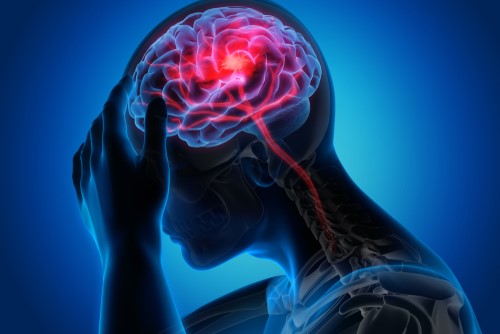A study shows a link between reduced beta connectivity in the anterior cingulate cortex (ACC) and chronic migraine (CM). The results appeared in the journal Pain.
In this study, researchers used magnetoencephalography record resting-state brain activity of 65 healthy controls as well as 70 patients with episodic migraine (EM) and 80 patients with CM. The investigators analyzed the source-based oscillatory dynamics of the pain-related cortical regions to discern the intrinsic connectivity and node strength at 1 to 40 Hz.
The results showed that the total node strength within the pain-related cortical regions was smaller in the beta band in patients with migraine than in the control group. In the beta band, the researchers noted, the node strength and functional connectivity values of patients with CM and patients with EM differed from those of controls in specific cortical areas, notably the left somatosensory cortex (EM < control) and bilateral ACC (CM < control). Moreover, the results found that node strength was lower in patients with CM than in those with EM. In all patients with migraine, negative correlations were observed between headache frequency and node strength in the bilateral ACC. Overall, the study found that migraine is characterized by reduced beta oscillatory connectivity within the pain-related cortical regions.
“Reduced beta connectivity in the ACC is linked to migraine chronification,” the researchers concluded. “Longitudinal studies should verify whether this oscillation change is a brain signature and a potential neuromodulation target for migraine.”
Source: https://pubmed.ncbi.nlm.nih.gov/34534180/
Keywords: Cyprus, MSQ V2.1, chronic migraine, erenumab, quality of life, treatment failure









